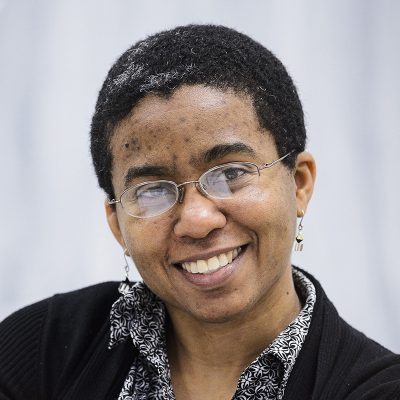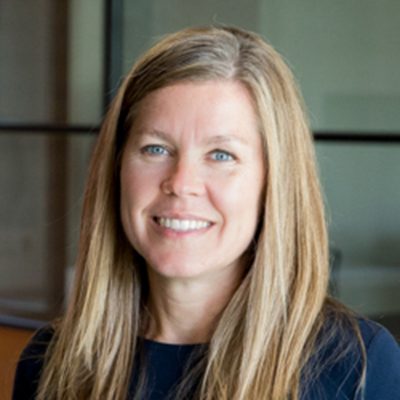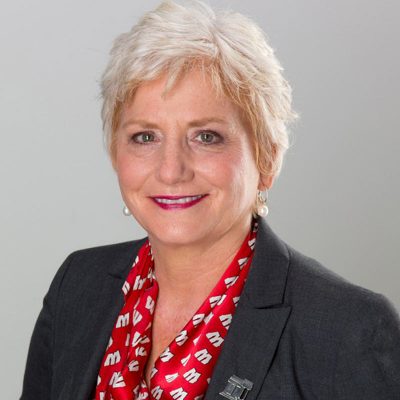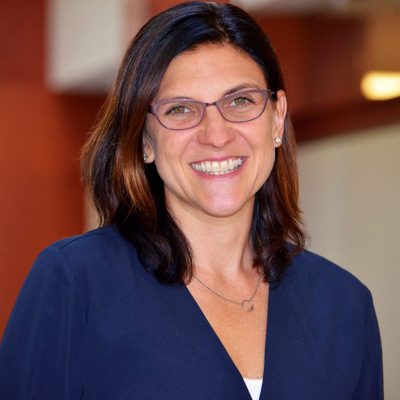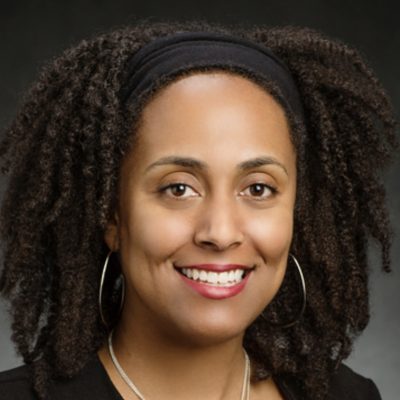Lori DiPrete Brown
Position title: Director, 4W Women & Wellbeing Initiative
Lori DiPrete Brown focuses her scholarship and practice on global health—particularly the wellbeing of women and children in highly vulnerable situations around the world. She teaches in the Department of Civil Society and Community Studies at the School of Human Ecology and is affiliated with the School of Medicine and Public Health at UW–Madison. She is also the founding director of the campus-wide 4W Initiative (Women & Wellbeing in Wisconsin & the World), which has catalyzed a range of innovative programs that address gender-based inequality and injustice.
Kelly Peaks Horner
Position title: Founder, Horner Education Consulting Group
Kelly Horner is a seasoned education development strategist and consultant with a successful record of supporting leaders across the education sector. Her professional focal points include leadership development, talent acquisition, strategic program planning, and project management. Horner has been a dedicated education advocate and professional for over 30 years. She has served as a teacher, teacher leader, school administrator, human resources specialist, and senior education consultant. For 15 years, she has partnered with education leaders all over the country and created measurable impact and better days for all stakeholders.
Sarah Hosein
Position title: Leadership Coach
Sarah Hosein coaches women leaders to navigate the complexities of corporate workplaces and to define their career directions. A graduate of the London School of Economics where she studied international relations, Hosein earned her master’s degree at King’s College London in international management. Her global experience as a healthcare executive, in addition to her multicultural background, informs her coaching work today. Hosein’s prior roles include managing emergency departments in the United Kingdom’s National Health Service; leading strategy implementation at Harvard’s teaching hospital, Brigham and Women’s Hospital; teaching business management in Sierra Leone; and leading innovation of services at Planned Parenthood in New York City.
Janet Hyde
Position title: Evjue-Bascom Professor and Helen Thompson Woolley Professor of Psychology and Gender & Women's Studies, Associate Chair for Alumni Relations, UW–Madison
Janet Hyde’s research focuses on the areas of psychology, women, human sexuality, and gender-role development. One program of research has involved conducting meta-analyses of research on psychological gender differences and other gender-related issues. Examples include meta-analyses of gender differences in depression and gender differences in mathematics performance. Early meta-analyses led Hyde to publish the Gender Similarities Hypothesis in 2005 (American Psychologist). Another program of research has been the Wisconsin Study of Families and Work, a longitudinal study that collected data on more than 500 families from pregnancy with a child through the year when the child reached age 20.
Keisha Lindsay
Position title: Associate Professor, Gender & Women's Studies and Political Science, UW–Madison
Keisha Lindsay’s research situates the relationship between race and gender at the center of gender and women’s studies and political theory. Lindsay does so to demonstrate how identity and difference affect the distribution of power. She pays particular attention to how Black people articulate their gendered and racialized identifications via popular and scholarly conversations about a range of topics including public schools, gay marriage, Black female respectability, and police brutality. Her approach is animated by intersectionality—an analytical framework that highlights how multiple oppressions mutually construct each other. While intersectionality is traditionally defined as feminist, Lindsay demonstrates how and why social groups’ intersectionally-informed claims about their experiences of oppression can be used to support an array of political agendas. Her research also reveals how to foster democratic orientations and coalitions among those who use intersectionality for diverse political ends.
Tina Salzman
Position title: Clinical Professor, Educational Leadership and Policy Analysis, UW–Madison
For the last two years, Dr. Tina Salzman has been a member of the Department of Educational Leadership and Policy Analysis (ELPA) as a clinical instructor. Prior to joining ELPA, she spent over twenty years in K-12 public education, first as a high school English teacher and more recently as a high school administrator, in several districts across southern Wisconsin. A graduate of ELPA’s first Executive Ph.D. cohort, her areas of interest include women in leadership, instructional rounds, understanding a leader’s role in building teacher capacity, Authentic Intellectual Work (AIW), and leadership for socially just schools.
Naomi Snider
Position title: Writer, Psychoanalyst, Co-author of "Why Does Patriarchy Persist?"
Naomi Snider is a psychoanalyst practicing in New York City. Currently, Snider lectures and publishes on the intersections of social injustice and psychological struggle with a particular focus on the tensions between patriarchy and self-actualization at both the personal and political levels. Her published works include the 2018 book, Why Does Patriarchy Persist?, co-authored with Carol Gilligan. Prior to becoming a psychoanalyst, Snider was a lawyer working in the human rights field. Snider is a graduate of the London School of Economics, New York University, and the William Alanson White Institute’s Certificate Program in Psychoanalysis.
Julie Underwood
Position title: Susan Engeleiter Professor of Education Law, Policy, and Practice and former Dean of the School of Education, UW–Madison
Julie K. Underwood served as dean of the UW–Madison School of Education for over a decade. During her tenure, she increased the diversity of faculty and developed a more inclusive culture at the school. Well-versed in K-12 educational policy and an expert on school law, she served as associate executive director and general counsel for the National School Boards Association. In that role, she led a legal advocacy program on behalf of the nation’s public school boards which included producing friend-of-the-court briefs and legal strategies before the U.S. Supreme Court and lower courts. She was also responsible for the 3,000-member Council of School Attorneys.
Jennie Weiner
Position title: Associate Professor, Educational Leadership, University of Connecticut
The purpose of Jennie Weiner’s scholarship is to reframe both educational leadership and change to make them more inclusive, equitable, and oriented toward collective uplift and continuous improvement. Specifically, she focuses on issues of educational leadership and organizational change in chronically under-performing and under-resourced schools and districts. Weiner is interested in gender and racial bias in educational leadership as well as issues of educational infrastructure at the local, district, and state levels. Teaching is her passion.
Anjalé Welton
Position title: Professor, Educational Leadership and Policy Analysis, UW–Madison
Anjalé Welton’s scholarship examines the educational opportunity structures of low-income students of color and how institutional and social structures shape the connections low-income students of color make to educational resources. She has expertise related to mentoring women in educational leadership preparation programs. Welton uses critical policy analysis as a methodological tool for uncovering issues of inequity as well as promoting agency and transformation in PreK-20 educational settings. Welton has coordinated leadership and empowerment programs for urban youth and facilitated an urban education teacher preparation program. She has taught in both Washington, D.C., and Austin, Texas, public schools.





